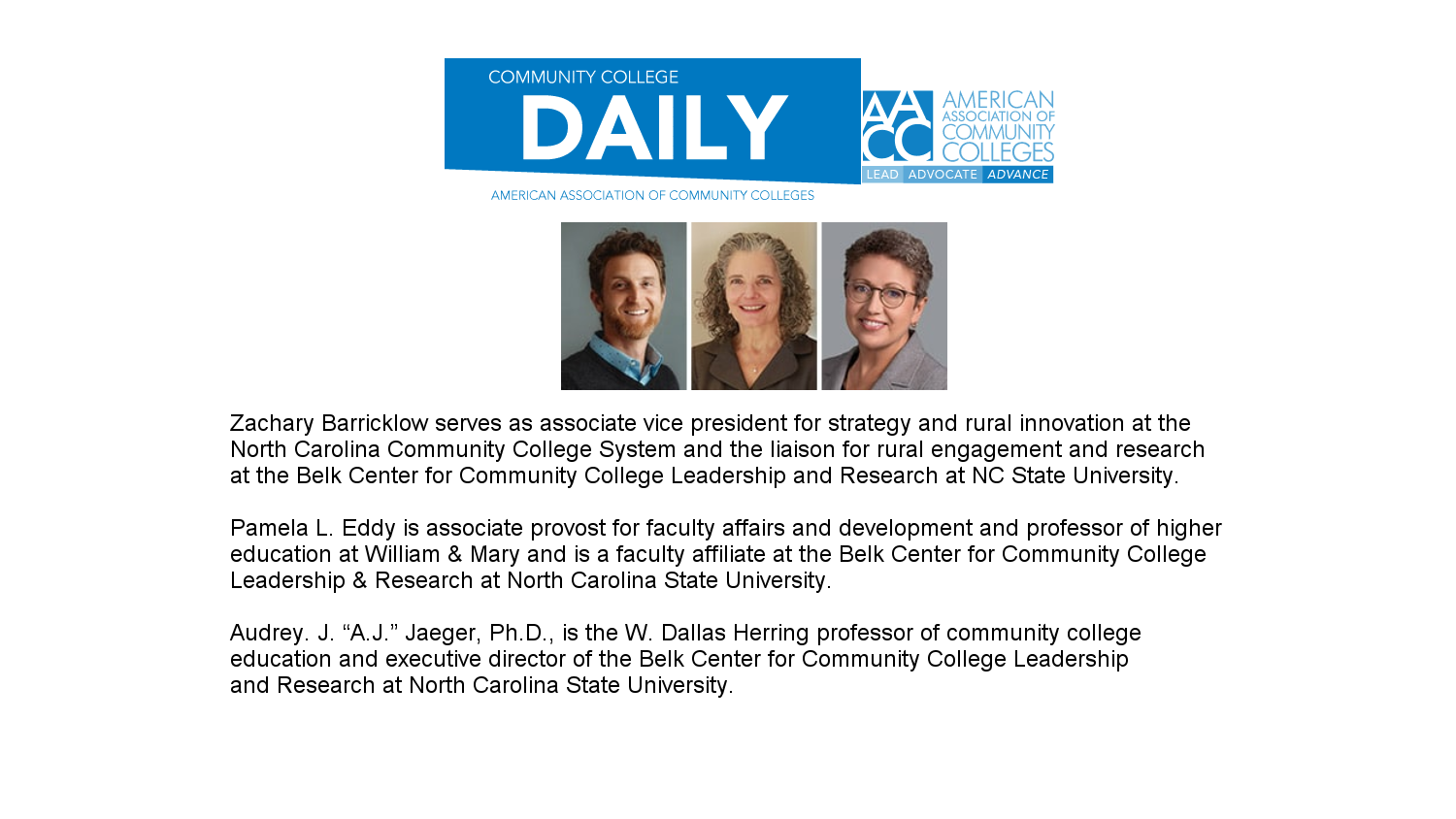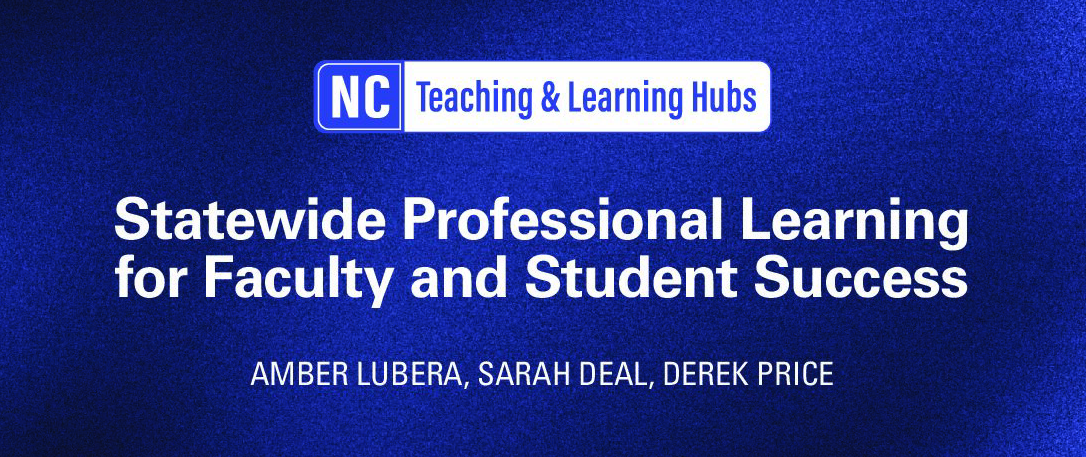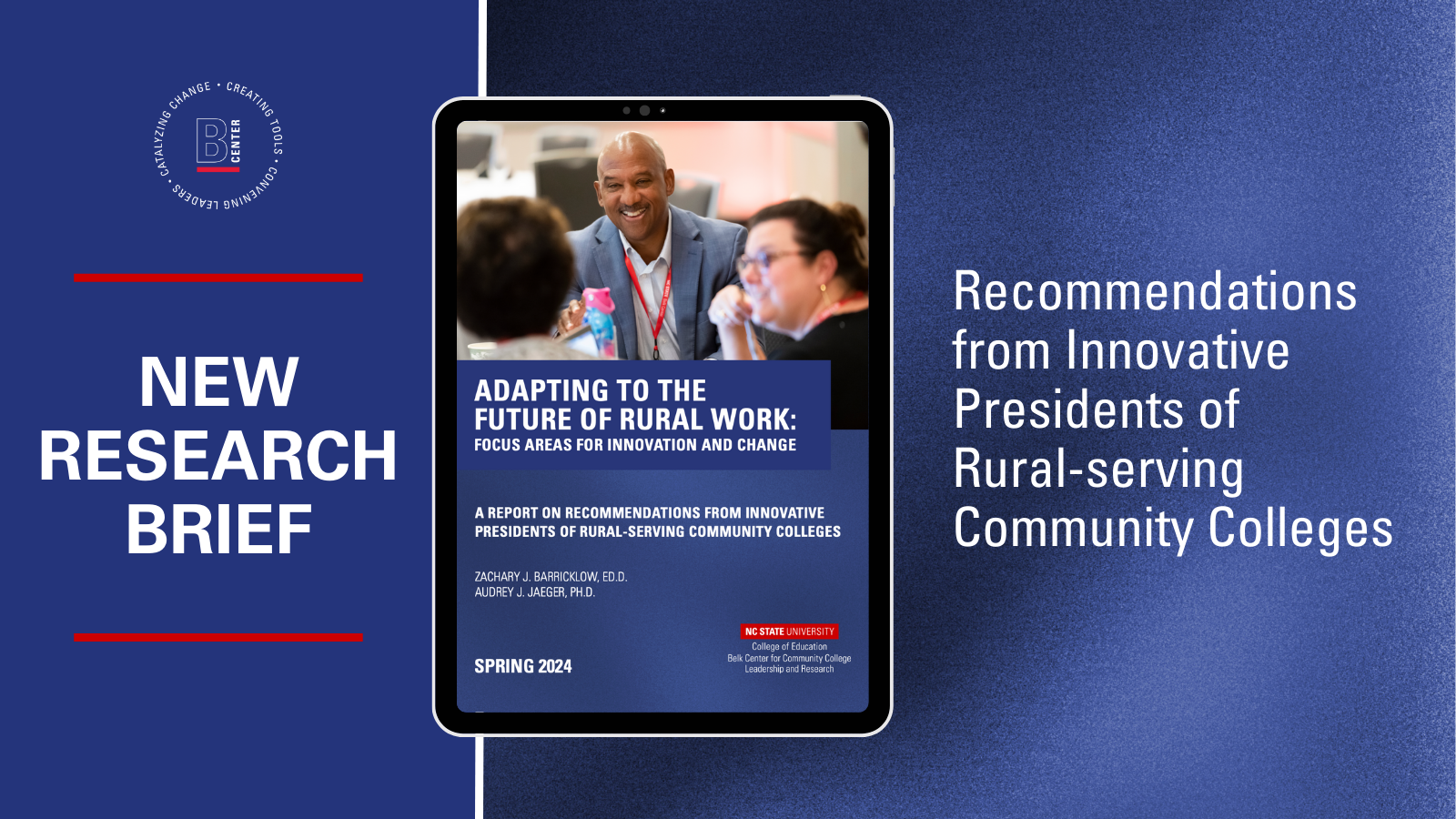Community College Leadership Doctoral Program Welcomes New Faculty
Drs. Catherine Hartman and Makena Stewart will join the program on August 16th
The NC State College of Education’s doctoral program in Community College Leadership will welcome two new full-time faculty members this fall, bringing additional strength, expertise and innovation to its team of scholars and educators.
The doctoral program is one of the oldest community college leadership programs in the nation, and the only one supported by a center like the Belk Center for Community College Leadership and Research. Sharing a vision for postsecondary success with North Carolina community colleges, the Belk Center develops a pipeline of talented community college leaders in the state through innovative research and insights, leadership development resources and opportunities, and collaborative partnerships.
Since 2019, the Belk Center has coordinated various supports of the doctoral program, including the Executive Mentorship Program, the Belk Center Fellows Program, internship opportunities, dissertation writing support, and more. As the College of Education identifies opportunities to expand its impact in the future, the Belk Center team is eager to continue supporting the program and to collaborate with new faculty members this fall.
“As we prepare for the upcoming 60th anniversary of the Community College Leadership doctoral program – and look ahead to the future – it is more important than ever that we continue to build a talented and dedicated team of educators to support our doctoral students,” says Audrey J. Jaeger, Ph.D., executive director of the Belk Center for Community College Leadership and Research. “Catherine and Makena are incredible scholars and individuals, and we’re thrilled to welcome them to the Community College Leadership program faculty this year.”
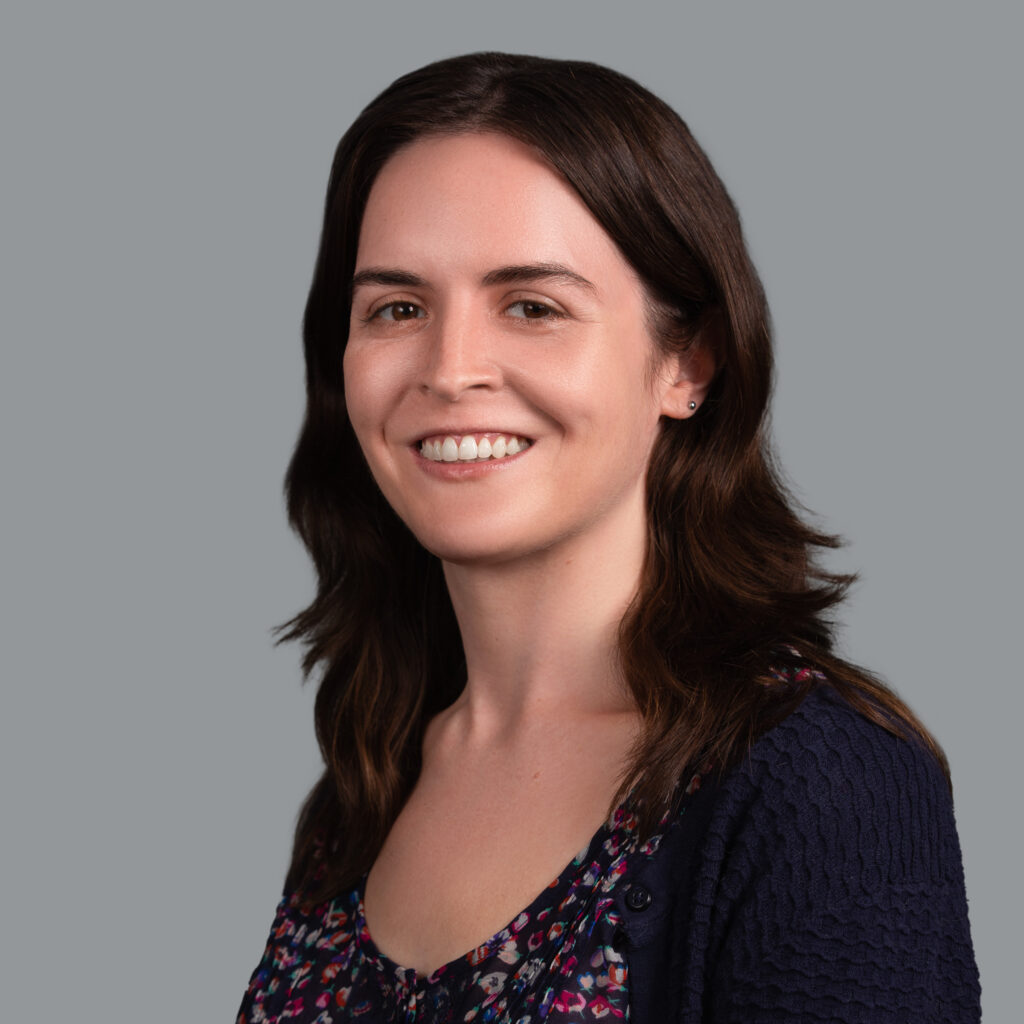
Catherine Hartman, Ph.D.
Catherine Hartman, Ph.D., who first joined the College of Education’s Department of Educational Leadership, Policy and Human Development as an assistant teaching professor in 2023, now joins the faculty as an assistant professor in community college leadership. From 2021-2024, she also served as a Belk Center faculty scholar, where her work focused on community college leadership, student engagement and transfer.
Hartman earned a doctorate in Higher Education Leadership and Policy from The University of Texas at Austin, her associate’s degrees from Tidewater Community College, and both her bachelor’s degree and Master of Education in Higher Education Administration from William & Mary.
“I’m pleased to continue my work at NC State through this new position. In particular, I’m looking forward to continuing my work with the Belk Center, which I’ve had the opportunity to work with as a research affiliate and now a faculty scholar,” says Hartman. “I’m excited to collaborate with Belk Center staff and leaders across the Great 58 on projects that have the power to directly impact community college student success.”
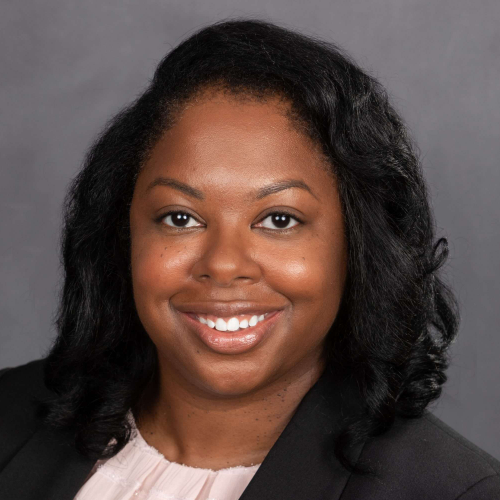
Makena Stewart, Ed.D.
Makena Stewart, Ed.D., joins the College of Education as an assistant professor of practice in community college leadership. Stewart brings nearly 20 years of community college experience in professional and leadership roles, most recently serving as vice president of strategic excellence at South Piedmont Community College, where she spearheaded initiatives focused on institutional effectiveness, organizational culture, program evaluation and holistic wraparound services for credit and non-credit pathways.
Stewart earned her doctorate in Educational Leadership from the University of North Carolina at Charlotte, her master’s degree from Old Dominion University, and her bachelor’s degree from the University of Virginia.
“I am thrilled to join the Community College Leadership doctoral program in this new role,” says Stewart. “The work of the Belk Center is so relevant to the opportunities facing community college leaders, and I feel fortunate to support students in finding ways to engage and connect their learning to practice.”
